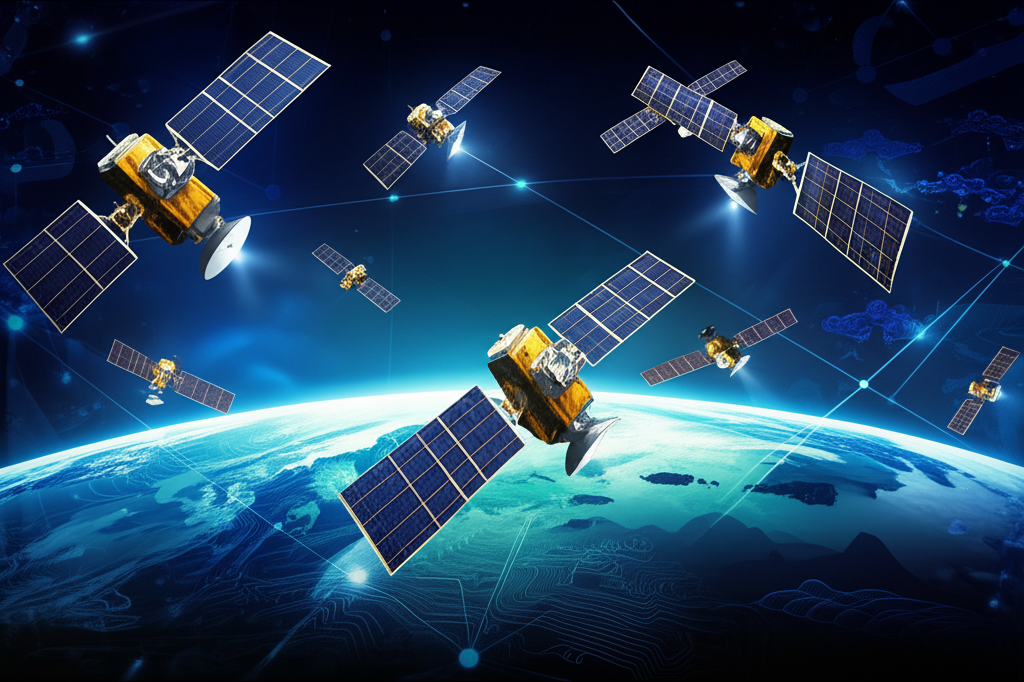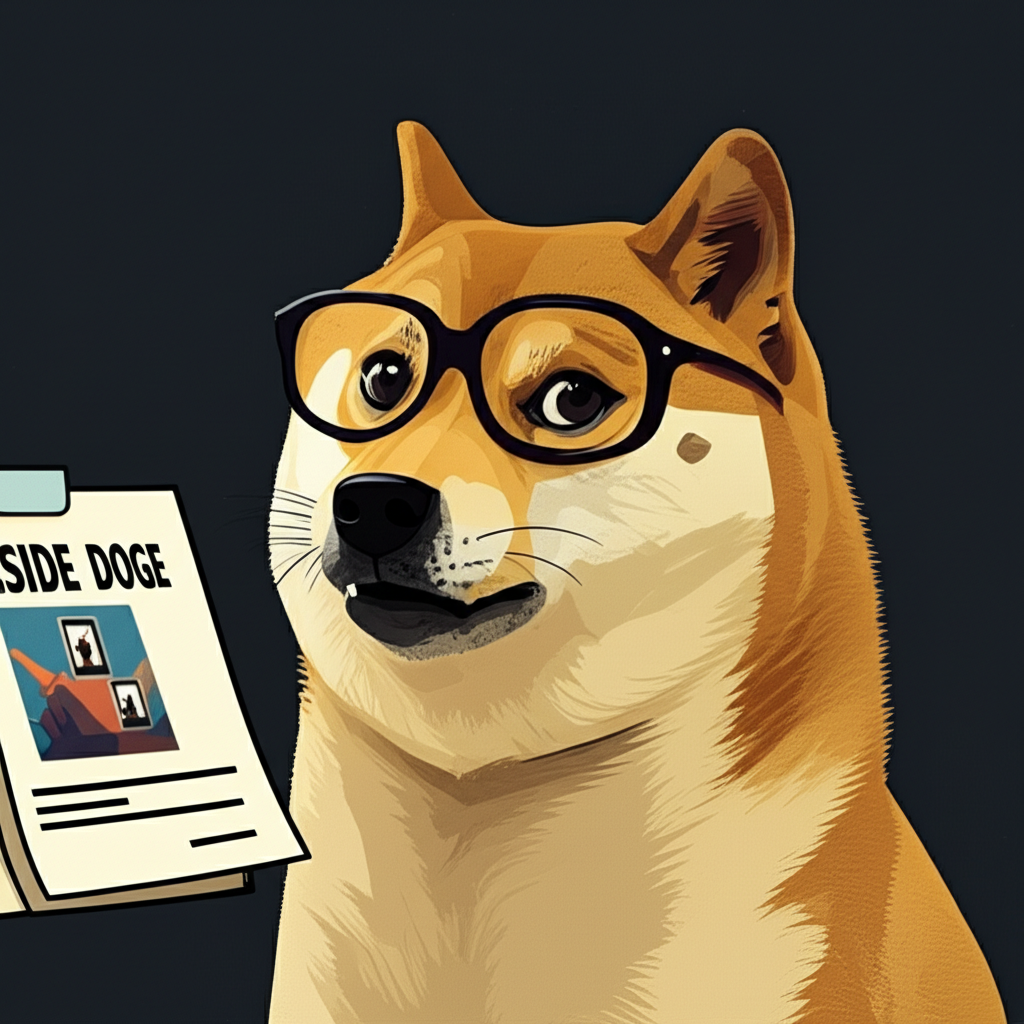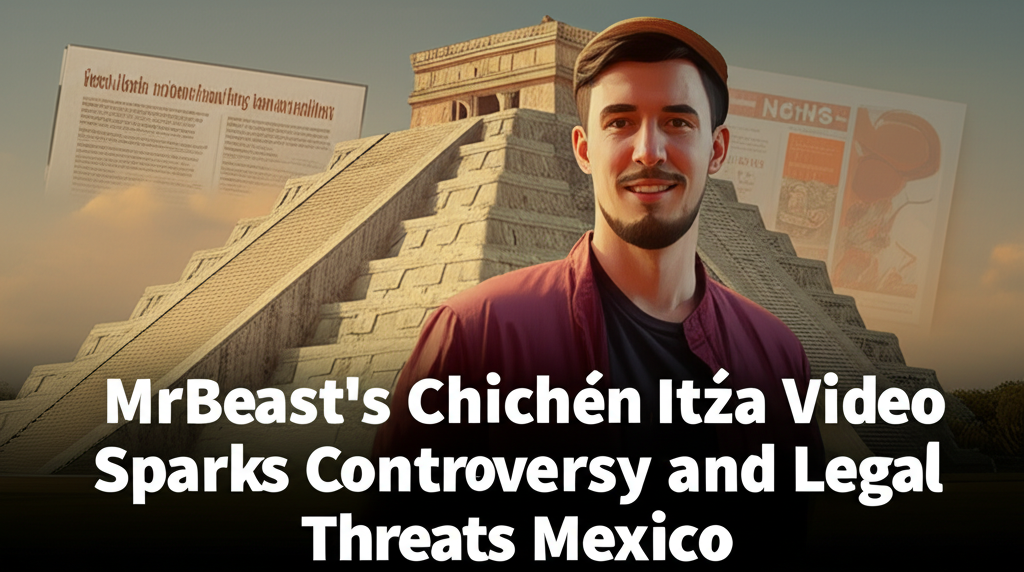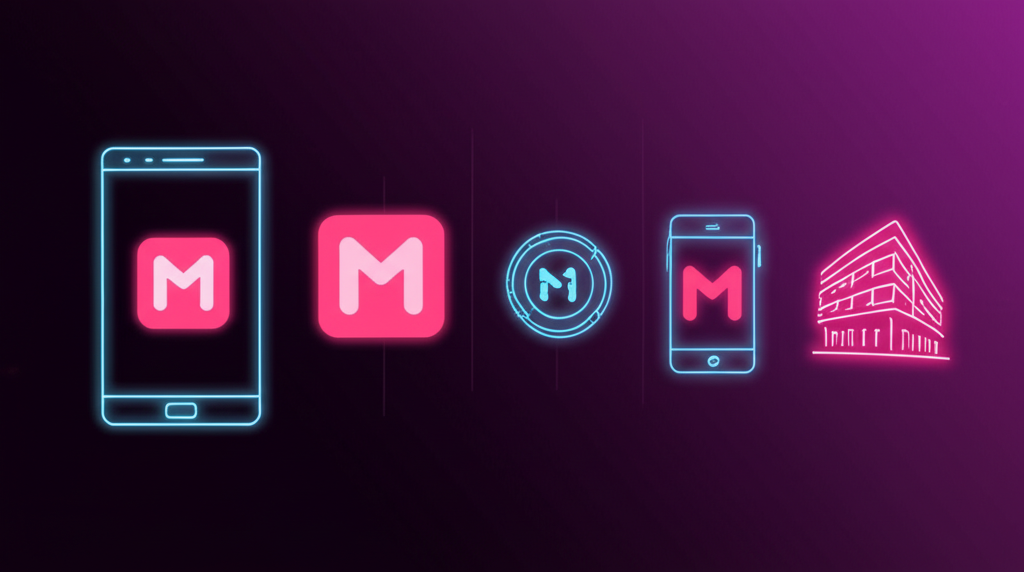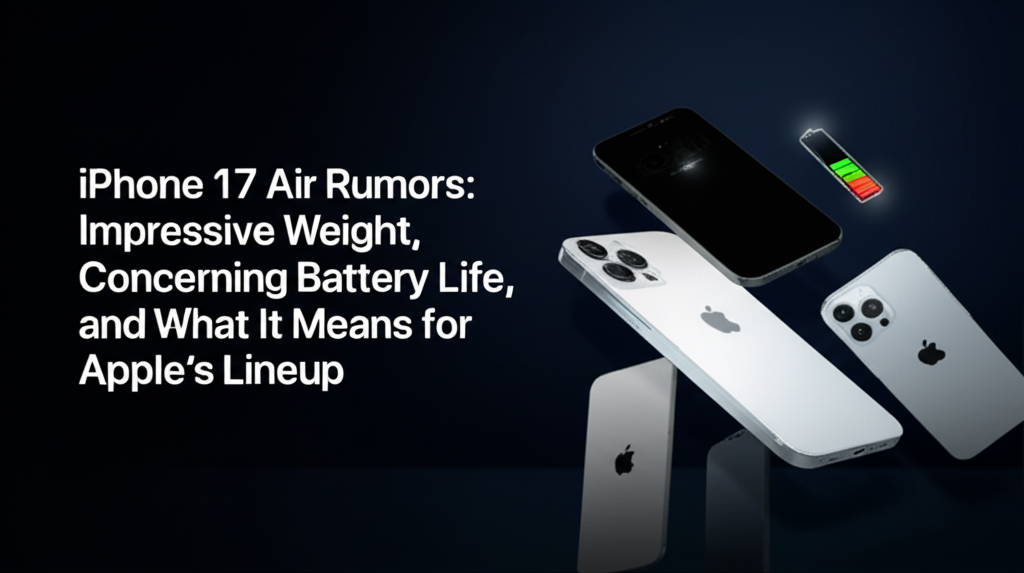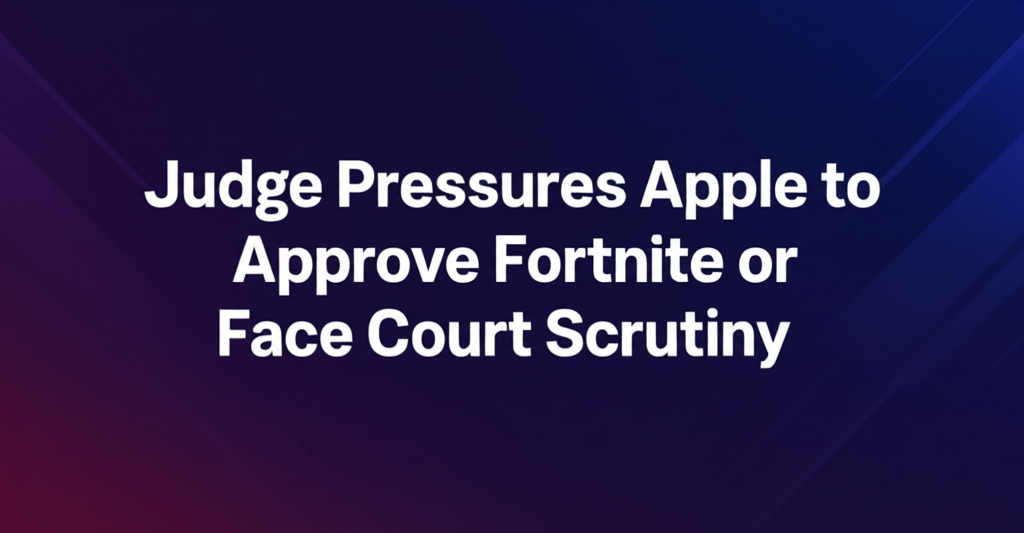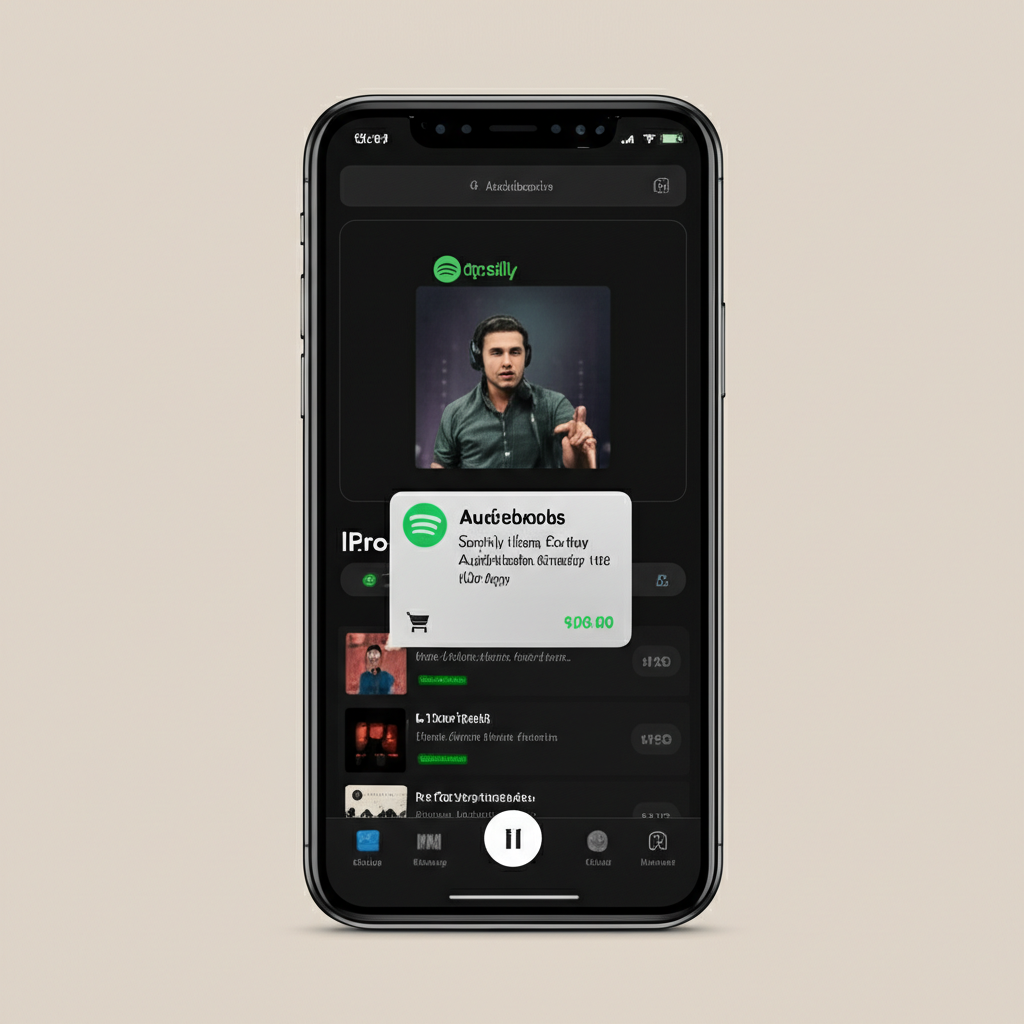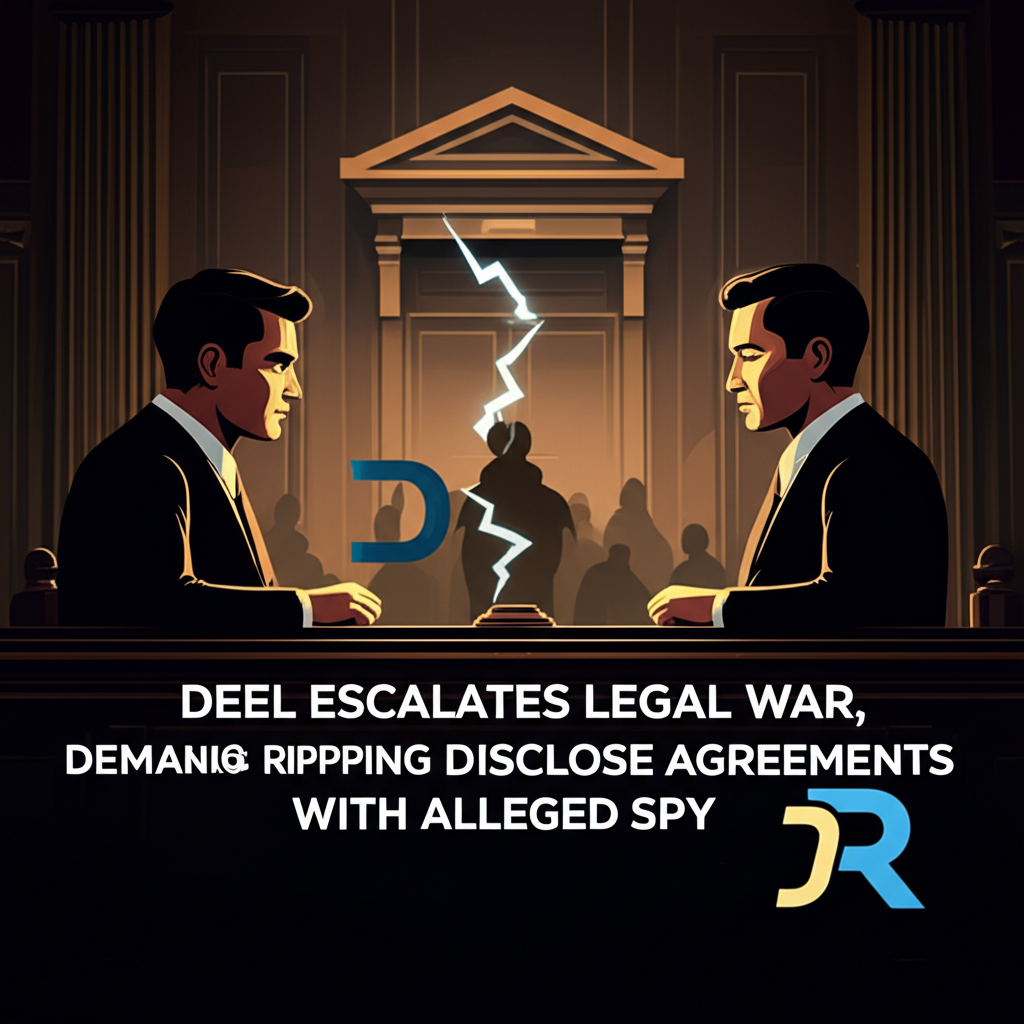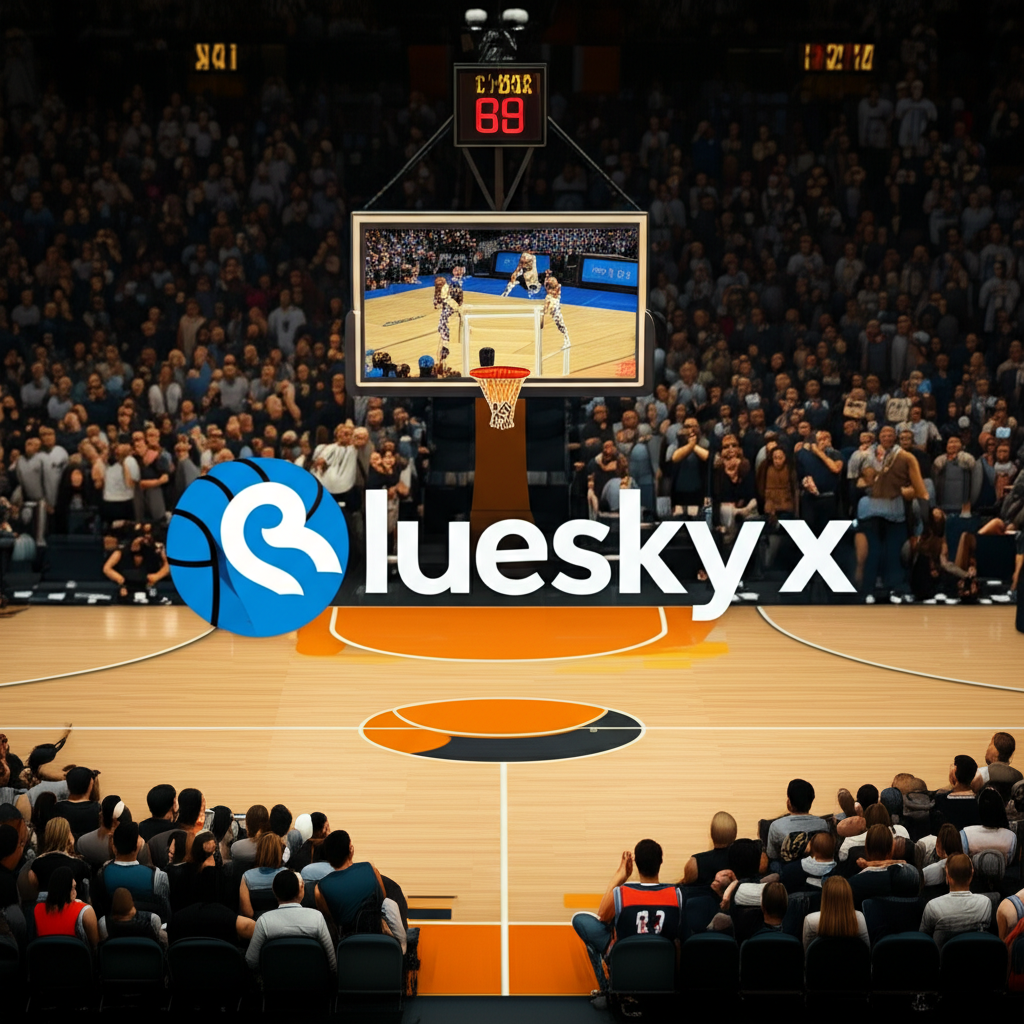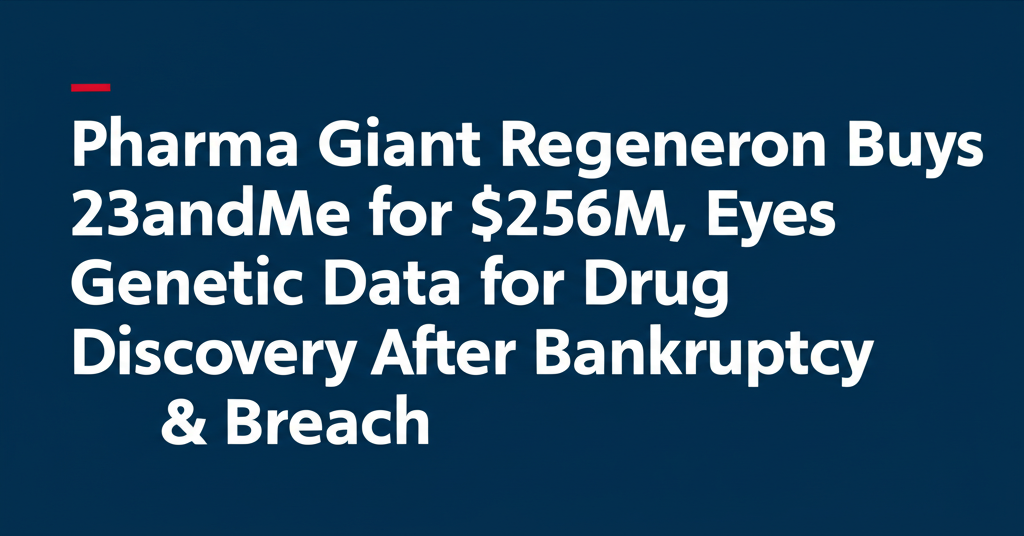Microsoft and GitHub Champion Anthropic's MCP Standard, Catalyzing a New Era of AI Data Connectivity
In a significant development for the burgeoning field of artificial intelligence, technology giants Microsoft and its subsidiary GitHub have announced their decision to join the steering committee for Anthropic's Model-Cloud Protocol (MCP). This standard is rapidly gaining traction as a crucial framework for enabling AI models to securely and effectively interact with the vast and dynamic landscape of external data sources and operational systems.
The announcement, made during Microsoft's annual Build 2025 conference, underscores the growing industry-wide recognition of the need for standardized methods to bridge the gap between powerful AI models and the real-world data they need to access and act upon. The move by Microsoft and GitHub follows similar endorsements earlier this year from other leading AI players, including OpenAI and Google, signaling a strong convergence towards MCP as a foundational element for future AI applications.
The Critical Need for AI Data Connectivity
Modern large language models (LLMs) and other advanced AI systems have demonstrated remarkable capabilities in understanding and generating human-like text, code, and other forms of data. However, their knowledge is typically limited to the datasets they were trained on, which are inherently static and often lack access to real-time, proprietary, or dynamic information residing within specific applications, databases, or user environments.
Consider an AI assistant designed to help a user manage their workflow. While the AI might be excellent at drafting emails or summarizing documents based on its training data, it cannot, without external connectivity, access the user's calendar to schedule a meeting, retrieve specific data from a customer relationship management (CRM) system, or interact with a project management tool to update a task status. This limitation severely restricts the practical utility and potential of AI in enterprise and personal computing contexts.
The challenge lies not just in accessing data, but in doing so securely, reliably, and in a way that respects user permissions and system integrity. Simply granting AI models unfettered access to sensitive systems is fraught with security risks. Furthermore, without a common protocol, every AI model or application would require custom integrations for each data source, leading to fragmentation, increased development costs, and slower innovation.
This is where standards like MCP come into play. They aim to provide a structured, secure, and interoperable way for AI models to request information from and send commands to external systems, transforming AI from powerful analytical tools into capable agents that can interact with the digital world.
Understanding the Model-Cloud Protocol (MCP)
At its core, the Model-Cloud Protocol (MCP) is designed to facilitate two-way communication between AI models (acting as 'clients') and the systems where data and functionality reside (acting as 'servers'). It provides a standardized language and framework for this interaction, much like HTTP standardized communication between web browsers and web servers.
MCP allows AI models to draw data from a diverse range of sources, including but not limited to:
- Business tools and software (e.g., CRM, ERP, productivity suites).
- Content repositories (e.g., document management systems, databases).
- App development environments and code repositories.
- Operating system functionalities (as highlighted by Microsoft's planned integrations).
- Personal storage drives and subscription services.
The protocol enables developers to expose specific data or functionalities within their applications or systems by building 'MCP servers'. These servers act as secure gateways, translating internal system calls or data structures into a format that an MCP-enabled AI model can understand and interact with. Conversely, developers building AI-powered applications or workflows can create 'MCP clients' that utilize the protocol to discover and connect to these exposed servers on demand, based on the task the AI needs to perform.
This client-server architecture, governed by a clear protocol, offers several advantages:
- **Standardization:** Reduces the need for custom integrations, making it easier for AI models to connect to a wide variety of data sources and for data sources to become 'AI-ready'.
- **Modularity:** Allows developers to expose only specific, necessary data or functionalities, rather than granting broad access.
- **Security:** Provides a defined channel for communication that can incorporate robust authentication and authorization mechanisms.
- **Interoperability:** Enables AI models from different providers to potentially interact with the same MCP servers, fostering a more open ecosystem.
The Weight of Microsoft and GitHub's Endorsement
The addition of Microsoft and GitHub to the MCP steering committee is a powerful endorsement that lends significant weight and momentum to the standard. Microsoft, as a dominant force in enterprise software, cloud computing (Azure), and operating systems (Windows), and GitHub, as the world's leading platform for software development, bring immense resources, expertise, and ecosystem reach to the table.
Their participation signals not just theoretical support but a commitment to actively shape and implement the standard across platforms used by millions of developers and billions of users worldwide. This level of commitment from such major industry players is often a critical factor in determining the success and widespread adoption of a new technical standard.
By joining the steering committee, Microsoft and GitHub will have a direct hand in guiding the future development of the MCP specification, ensuring it meets the needs of large-scale enterprise deployments, diverse developer workflows, and robust security requirements.
Microsoft's Broad First-Party Support and Planned Integrations
Microsoft has committed to delivering “broad first-party support” for MCP across its extensive portfolio of platforms and services. This is a crucial step towards making MCP a practical reality for developers and end-users. Key areas of integration highlighted include Microsoft Azure and Windows 11.
MCP on Windows 11
One of the most tangible examples of this commitment is the planned integration of MCP into Windows 11. In the coming months, Windows is set to gain capabilities that will allow developers to expose the functionality of their desktop applications to MCP-enabled AI models.
As Microsoft explained in press materials, “Developers will be able to wrap desired features and capabilities in their apps as MCP servers and make them available [...] for Windows.” This means that specific actions or data within a Windows application – whether it's a complex enterprise suite or a simple utility – could be made accessible to an AI model through a standardized MCP interface.
Furthermore, core Windows system functionalities themselves will be exposed as MCP servers. This includes fundamental components like:
- **File System:** Allowing AI models to potentially interact with files and folders (e.g., find documents, save generated content) – always, of course, subject to user permissions and the MCP authorization spec.
- **Windowing:** Enabling AI to potentially understand or interact with the user interface elements of applications.
- **Windows Subsystem for Linux (WSL):** Opening up possibilities for AI models to interact with Linux environments running within Windows, which is particularly relevant for developers.
These integrations could pave the way for a new generation of AI assistants deeply integrated into the operating system, capable of performing complex tasks that span multiple applications and system functions, all mediated through the secure and standardized MCP layer. Imagine an AI that can not only draft an email but also attach a specific file from your documents, look up a contact in your CRM, and schedule a follow-up task in your project manager – all by interacting with the respective applications via MCP.
MCP on Microsoft Azure
While specific details were less granular in the initial announcement, the commitment to “broad first-party support” across Microsoft Azure is equally significant. Azure is one of the world's leading cloud computing platforms, hosting a vast array of data services, enterprise applications, and AI development tools.
Integrating MCP into Azure could mean:
- Making it easier for AI models hosted on Azure to securely connect to data sources both within Azure (e.g., Azure SQL Database, Azure Data Lake Storage) and in hybrid or multi-cloud environments.
- Providing tools and services within Azure to help developers build and manage MCP servers for their own applications and data.
- Enabling AI services on Azure (like Azure OpenAI Service or other AI models) to act as MCP clients, capable of interacting with external systems.
- Facilitating the creation of complex AI workflows that orchestrate actions across various enterprise systems connected via MCP.
Azure's scale and enterprise focus make it a critical battleground for AI adoption. By baking MCP support directly into the platform, Microsoft can significantly accelerate the ability of businesses to deploy AI solutions that are deeply integrated with their existing data and processes.
GitHub's Role: Fostering Discovery and Management
GitHub's contribution to the MCP standard focuses on a critical piece of the puzzle: discovery and management. As more applications and systems expose their capabilities as MCP servers, developers and AI models will need a way to find out what servers are available, what functionalities they offer, and how to connect to them.
GitHub and the MCP steering committee have collaborated to design a registry service for MCP servers. This service is envisioned as a centralized repository – which could be public or private, depending on the nature of the servers being registered – where developers can list their MCP server implementations.
The registry service would allow developers to:
- Register their MCP servers, providing metadata about the functionalities they expose.
- Discover existing MCP servers that their AI applications might want to interact with.
- Manage the configurations and versions of their registered servers.
Given GitHub's role as the central hub for millions of developers and repositories, it is a natural fit to host or facilitate such a registry. A well-maintained and easily searchable registry is essential for the scalability and usability of the MCP ecosystem. It transforms a collection of disparate server implementations into a discoverable network that AI clients can navigate. This contribution by GitHub addresses a practical challenge that is vital for the standard's real-world implementation and adoption by the developer community.
Key Contributions to the MCP Standard
Beyond committing to broad platform support and the registry service, Microsoft and GitHub are actively contributing to the technical specification of MCP itself. Two notable contributions highlighted are in the areas of authorization and the aforementioned registry service.
Enhanced Authorization and Security
Connecting AI models to sensitive data sources necessitates robust security measures. Microsoft, leveraging its deep expertise in identity and security, has collaborated with Anthropic, the MCP steering committee, and the broader community to design an updated authorization specification for the protocol.
This enhanced spec is designed to allow MCP-connected applications to connect to MCP servers more securely. It focuses on enabling users to grant AI-powered apps access to data and services using “trusted sign-in methods.” This is a critical point: access is mediated through established identity and access management (IAM) systems, rather than requiring AI models to handle credentials directly or relying on less secure methods.
The spec would allow users to use their existing enterprise single sign-on (SSO) or personal account credentials to authorize an AI application's access to specific MCP servers – for example, granting an AI assistant permission to access files on a personal storage drive or interact with data from a subscription service. This approach aligns with modern security best practices and provides users with control and transparency over what data and functionalities their AI tools can access. The focus on integrating with existing, trusted identity systems is paramount for enterprise adoption, where security and compliance are non-negotiable.
The MCP Registry Service Specification
As discussed earlier, GitHub's collaboration has been instrumental in designing the specification for the MCP registry service. This isn't just about building a single website or database, but defining *how* such registries should work – the APIs, the data formats, and the protocols for registering, discovering, and managing MCP server entries.
A standardized registry specification ensures that different registry implementations (whether hosted by GitHub, Microsoft, or other organizations) can potentially interoperate or follow common practices, further promoting the health and decentralization of the MCP ecosystem. It lays the groundwork for a future where finding and connecting an AI model to the specific data or functionality it needs is a streamlined, standardized process.
Industry Momentum and the Collaborative Spirit
The fact that major players like Anthropic (the protocol's originator), OpenAI, Google, Microsoft, and GitHub are converging on MCP is highly significant. In the rapidly evolving AI landscape, the potential for fragmentation is high, with different companies developing proprietary methods for AI interaction. A shared standard like MCP helps mitigate this risk.
This collaboration suggests a recognition across the industry that the challenges of connecting AI to the real world are best solved together. By agreeing on a common protocol, these companies can:
- Accelerate the development of AI applications that can work across different platforms and services.
- Reduce the burden on developers who want to make their applications AI-ready.
- Foster a more competitive and innovative ecosystem built on a common foundation.
- Increase user trust by providing a more transparent and secure way for AI to access their data.
The participation of companies that represent major AI model providers (Anthropic, OpenAI, Google) and major platform providers (Microsoft, Google, potentially GitHub's future platform plays) creates a powerful coalition capable of driving widespread adoption.
Potential Use Cases and the Future Landscape
With MCP gaining traction and major platforms integrating support, the potential use cases for AI become significantly broader and more impactful.
Enhanced Enterprise AI
For businesses, MCP can unlock the value of AI by connecting models directly to internal systems.
- **Automated Reporting:** An AI could gather data from sales figures in a CRM, marketing campaign performance in an analytics tool, and inventory levels in an ERP system via MCP servers exposed by these applications, and then generate a comprehensive report.
- **Intelligent Workflow Automation:** AI could trigger actions in different systems – for example, processing a customer request received via email (analyzed by AI), looking up customer history in a database (via MCP), creating a support ticket in a helpdesk system (via MCP), and notifying the relevant team via a messaging platform (via MCP).
- **Personalized Employee Assistants:** AI tools could access an employee's calendar, email, internal documents, and project management tasks (via MCP) to proactively manage schedules, summarize relevant information, and suggest next steps.
More Capable Personal AI
On the consumer side, MCP integration into operating systems like Windows 11 could lead to AI assistants that are far more integrated into the user's digital life.
- **Contextual Assistance:** An AI could understand what document you're working on (via File System MCP server), see what applications are open (via Windowing MCP server), and offer contextually relevant help or perform actions within those apps (via their exposed MCP servers).
- **Data Management:** An AI could help organize files, find specific information across different applications or cloud storage, or manage subscriptions by interacting with the relevant services via MCP.
- **Cross-Application Tasks:** Imagine telling your AI assistant to “find that invoice from Acme Corp from last month, summarize the line items, and draft an email to accounting with the summary and the PDF attached.” This requires seamless interaction with email, file system, and potentially accounting software, all facilitated by MCP.
Advanced Developer Tools
While not explicitly mentioned for GitHub Copilot, the potential for AI coding assistants to interact with development environments via MCP is clear.
- An AI could analyze your local codebase (via File System MCP server), interact with your version control system (potentially exposed via MCP), query documentation hosted internally, or interact with cloud development services – all to provide more accurate code suggestions, automate refactoring, or help debug.
- The MCP registry could help developers discover and integrate with APIs and services exposed as MCP servers by other teams or third parties.
Challenges and the Road Ahead
Despite the significant momentum, the path to widespread MCP adoption is not without challenges.
- **Security Implementation:** While the authorization spec is a positive step, ensuring secure implementation of MCP servers and clients across a vast ecosystem will require continuous effort and vigilance. The attack surface for AI models interacting with external systems is a critical concern.
- **Complexity:** Exposing application functionalities as robust and secure MCP servers requires development effort. The complexity of integrating MCP might be a barrier for smaller applications or development teams initially.
- **Granularity of Access:** Defining the right level of access for AI models – not too broad to be risky, not too narrow to be useless – will be an ongoing design challenge for MCP server developers.
- **Performance and Reliability:** Ensuring that interactions via MCP are fast and reliable enough for real-time AI applications is crucial.
- **Governance and Standards Evolution:** As the AI field evolves rapidly, the MCP standard will need to adapt. The steering committee will play a vital role in guiding this evolution while maintaining stability and backward compatibility where possible.
The commitment from Microsoft and GitHub, however, provides a strong foundation to address these challenges. Their resources and influence can help drive best practices, develop robust tooling, and encourage broader ecosystem participation.
Conclusion
Microsoft and GitHub joining the MCP steering committee marks a pivotal moment for the future of AI. It signifies a powerful alignment among key industry players – including Anthropic, OpenAI, and Google – on the importance of standardizing how AI models connect and interact with the digital world's data and systems.
The planned integrations into platforms like Windows 11 and Microsoft Azure, coupled with contributions to critical areas like authorization and the server registry, demonstrate a clear path towards making MCP a practical reality. This move promises to unlock a new wave of AI applications that are more capable, more integrated, and more useful by enabling them to securely access and act upon real-time, dynamic information.
As the MCP standard matures and its adoption grows, we can anticipate a future where AI is not just a tool for analysis or content generation, but a seamless participant in our digital workflows, capable of navigating and interacting with the complex tapestry of applications and data that define modern computing. The journey is just beginning, but with the backing of industry heavyweights like Microsoft and GitHub, the Model-Cloud Protocol is well-positioned to become a cornerstone of the next generation of AI.





